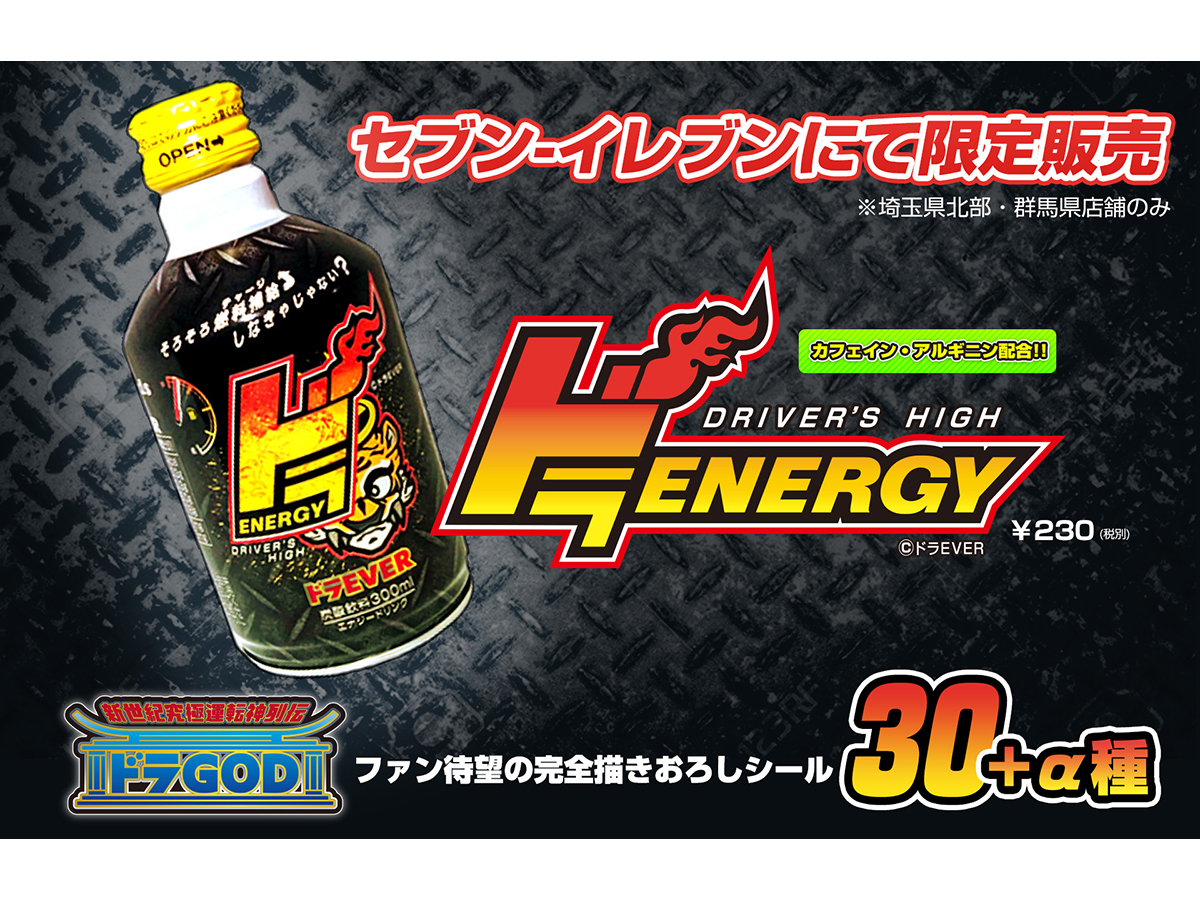
Source: © PR Times, Inc.
New Energy Drink Made For Drivers, May Put Brakes On Slew of Elderly Driver Accidents
- Source:
- © PR Times, Inc.
- Tags:
- Dora Energy / Doraever / elderly drivers / Energy Drink / sleepiness / traffic accidents
Related Article
-
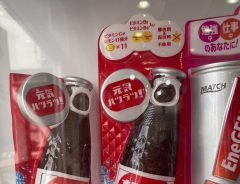
Japanese vending machine perplexes passers-by with promises of “hot soda”
-
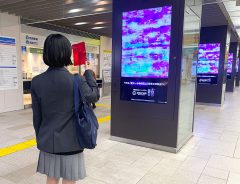
These Japanese ads can only be seen by students prepping for exams
-
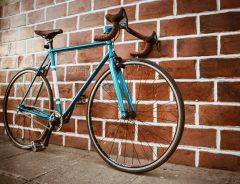
Too Many Bicyclists in Japan
-
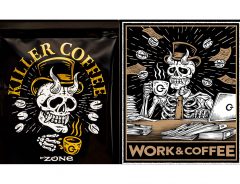
Dead tired? No worries. Japan’s new “Killer Coffee” can handle it.
-
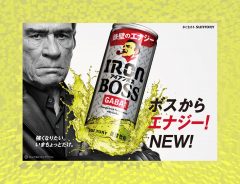
Tommy Lee Jones Promotes Japanese Energy Drink “Iron Boss”
-
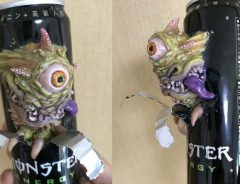
Japanese Figure Artist Shows How Monster Energy Drinks Get Their Claw Marks


Getting that "driver's high"
If you have a car, you may sometimes down an energy drink before getting behind the wheel or stash one in the cup holder just in case. There's no shortage of energy drinks in Japan: Oronamin, Lipovitan, Yunker, you name it, there's a dizzying array of options to choose from. But as it turns out, drivers in this country may have been downing the wrong energy drink the whole time because none of them were specifically designed with drivers' needs in mind.
On November 11th, all of that changed with the launch of Dora Energy.
Thankfully not a reference to Dora the Explorer, dora ドラ in Japanese are the first two syllables of doraibā ドライバー, one way of saying "driver." Developed in a collaboration between Doraever ドラEver job-search site and RB Foods Co., Ltd., Dora Energy contains a powerful blend of ingredients, with energy-boosting caffeine and arginine at their core.
If you aren't already impressed by the fact that Dora Energy was developed by the preferred job-search site for long-haul delivery drivers and truckers in Japan, then the words "Driver's High" emblazoned on the can, possibly a reference to the hit song by Japanese rock band L'Arc-en-Ciel, will surely inspire you with the promise an exhilarating surge of energy.
© PR Times, Inc.
You can pick up a can of Dora Energy at participating 7-Eleven convenience stores in northern Saitama Prefecture and Gunma Prefecture, and read up on the drink's properties and promotional campaign on their special website.
A slew of accidents by elderly drivers
Elderly drivers could particularly stand to benefit from the energizing effects of a good energy drink like Dora Energy.
While many elderly drivers have no problems driving and maintain a safe record, a slew of accidents involving elderly drivers this year suggests that the number of them who do have problems is growing. According to the Japan Times, the proportion of fatal accidents by elderly drivers among all fatal driving accidents increased from 8.7 percent in 2008 to 14.8 percent in 2018.
And falling asleep behind the wheel is sometimes to blame.
Sleepiness as a factor in elderly driver accidents
A study published by Hirotake Shibasaki for the Traffic Accident General Analysis Center reveals that in 2018, for example, for car collisions with objects, falling asleep at the wheel was more frequently the cause of fatal accidents by elderly drivers than it was by non-elderly drivers. Furthermore, according to the Japanese Journal of Clinical Psychology (1998, issue 27: 137-147), patients who suffer from sleep apnoea syndrome (SAS), an ailment twice as likely to affect the elderly, are five times more likely to experience falling asleep at the wheel than non-sufferers. Clearly, the elderly are more prone to accidents due to sleepiness.
While drinking an energy drink may not be the best solution for all cases of sleepiness nor is it suitable for drivers with certain medical conditions, having a reliable energy drink seems to be a wise and inexpensive safety investment. Elderly drivers can consider having one in their car as one of the many safety measures now available such as lane divergence and head nodding alarms, collision avoidance, automatic braking systems and the whole range of technologies now found in "safety support cars."